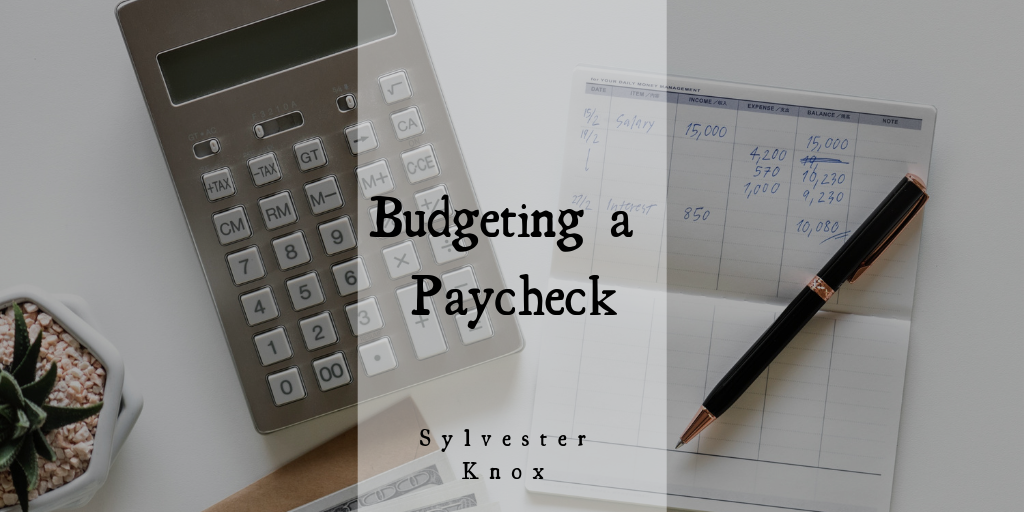Financial discipline is a key factor in helping one keep a healthy financial lifestyle. Budgeting for your income is the first step to achieving such discipline. When creating a personal budget, emphasis should be kept on maintaining a balance between the essential items and the non-essential ones. One should also focus on short-term and long-term expenditures and make a proper balance thereof. Here are some important tips on how to budget a paycheck.
Apply the 50/20/30 Rule
The 50/20/30 method of budgeting takes into consideration 3 essential categories including the essential costs, financial goals, and lifestyle costs. A properly balanced 50/20/30 rule allocates 50% of the income on essential costs. These are costs related to the basic day-to-day needs that one should meet to live a comfortable life. They include expenses on utilities, rent, mortgage payments, transport, and food.
Financial goals, on the other hand, consume 20% of an individual’s paycheck. The financial goals include expenditures that go into saving for emergencies, retirement savings, as well as saving for future goals and personal ambitions.
Lifestyle costs, on the other hand, should be allocated 30% of the paycheck. This caters for expenditures that go into items that are not essential for day-to-day survival. Expenditures such as eating out, going out for concerts, and shopping sprees come under this category and should only be budgeted for on a case-by-case basis.
Keep Track of Expenses
After setting the first budget, it is important to regularly evaluate how suitable the budget is towards achieving an individual’s financial goals. The evaluation should focus on, among other things, tracking of expenses and evaluating particular needs that are not being sufficiently met. It should also focus on determining areas where one is spending money irregularly for reconsiderations to be made.
Avoid Living Beyond One’s Means
Most people make the mistake of living beyond their paycheck. This often leads to more needs to be catered for than one’s income. In such cases, the urge to obtain loans to cater for the additional expenses is high. This can throw one into financial turmoil and debts which may take time to repay.
Living a financially healthy lifestyle requires one to understand and budget for the necessities of life. Such planning is highly essential if one has to realize short term and long term financial goals.

